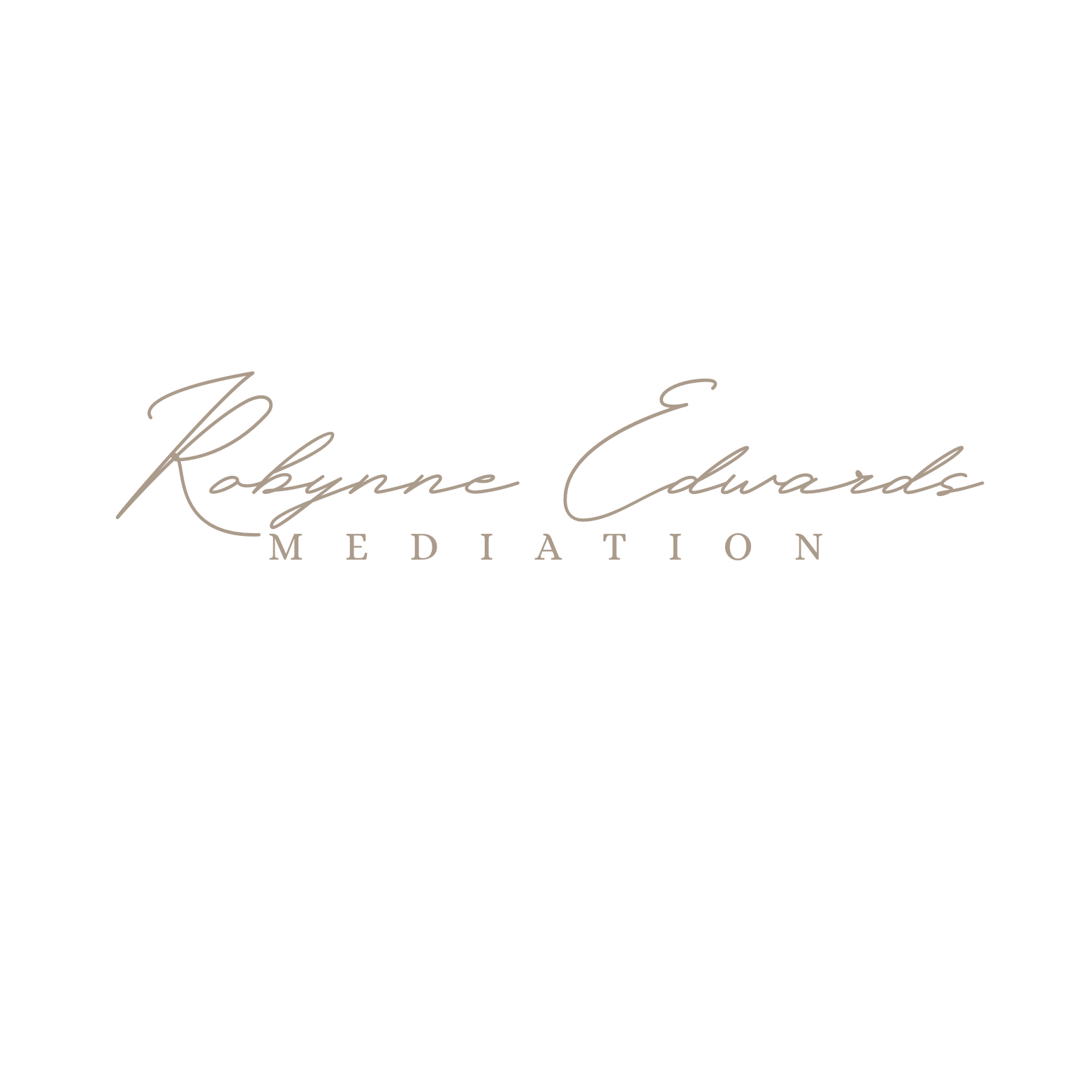In Mediation, Verbal Agreements Aren’t Enough
Mediation is a powerful, cost-effective tool for resolving disputes in South Africa. Whether it’s a family, commercial, or workplace conflict, mediation offers a way forward through respectful dialogue and mutual understanding. However, no matter how amicable the process, it’s essential that every mediation ends with a formal, written mediation agreement.
Verbal understandings—even when reached in good faith—can lead to confusion, misinterpretation, and further disputes. A well-drafted agreement ensures clarity, accountability, and, when properly structured, enforceability.
What Is a Mediation Agreement?
A mediation agreement is a written document that records the terms agreed upon by the parties during mediation. It may include decisions on property division, parenting plans, repayment schedules, business resolutions, or any other matter relevant to the dispute.
In South Africa, these agreements can be made an order of court, especially if the mediation takes place under court-annexed mediation rules. This gives them the same enforceability as a traditional court judgment.
The Legal Weight of a Mediation Agreement in South Africa
In terms of Rule 82 of the Magistrates’ Courts Rules, a mediated settlement may be submitted to the court for confirmation. If the court finds the agreement to be just and reasonable, it may make it an order of court, thus making it legally binding.
Even in private mediation (outside the court-annexed system), the parties can sign a settlement agreement that has contractual force. If one party breaches the terms, the other may pursue legal enforcement through normal contract law channels—or apply to court to have it made an order.
This is where a legal mediator becomes vital.
What Should a Mediation Agreement Include?
While the content varies depending on the dispute, a strong mediation agreement in South Africa typically contains:
- Full names and ID numbers of the parties
- A clear description of the dispute
- Detailed terms of resolution (with timelines, if applicable)
- Signatures of all parties and the mediator
- A clause stating the intention for the agreement to be binding
- Provision for it to be made an order of court (if desired)
Final Thoughts
A successful mediation doesn’t end when the parties shake hands—it ends when the terms are written down and agreed upon in a clear, enforceable mediation agreement. Working with a qualified legal mediator ensures that what was achieved in conversation holds up in reality.
Whether you’re resolving a family matter, a business dispute, or an employment issue, always insist on ending mediation with a properly structured agreement. In doing so, you protect yourself, your relationships, and the long-term success of the resolution.
Need assistance with a legally binding mediation agreement in South Africa?
Work with a qualified legal mediator to ensure clarity, legality, and peace of mind.

